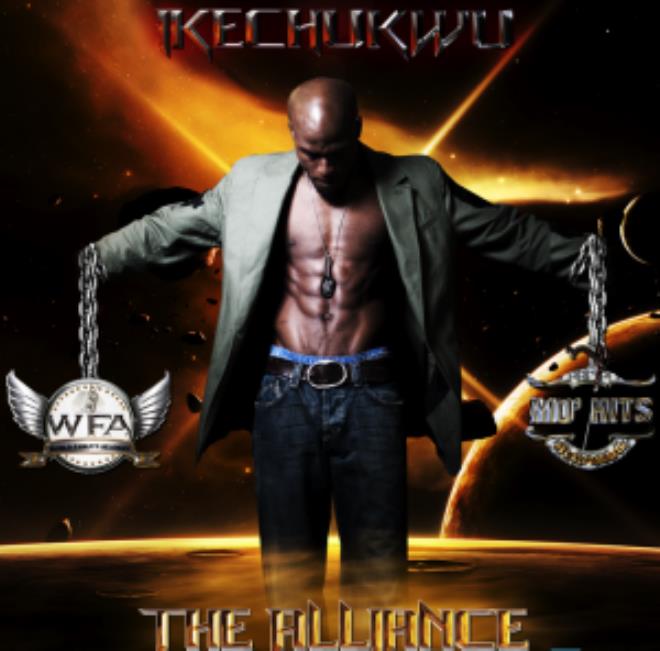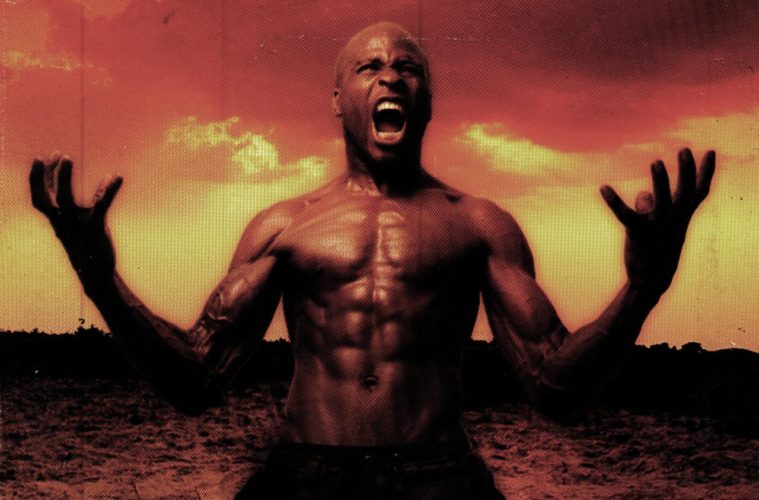We’ve done epic sh*t before, it wasn’t enough.
Vector’s 2 hour+ freestyle has always been a puzzle to me, his PR team dressed it up as being “history-making” and “record-breaking” but what history exactly did Vector make?
Chidera “Chiddy” Anamege, formerly of Chiddy Bang and Trybes records, freestyled for 9 hours + in 2011, Vector’s 2 hour + freestyle in 2015 was impressive and I love the inspiration, but again what history exactly did Vector make?
Get More:
I’m guessing they are trying to split hairs with the Vector did it on live radio in Africa and Chiddy did it in “the abroad” argument. Okay then, but Ikechukwu wasn’t impressed.
His approach was tactless but to understand where Ikechukwu is coming from, you need to understand where Ikechukwu is coming from. Ikechukwu was signed (or affiliated) to two of the biggest labels in Nigeria (Storm, Mo’hits) at the specific time that those labels were at their respective primes.

Ikechukwu – The Alliance
His perception of a note-worthy achievement and that of someone who hasn’t been in his position will be different. Killz has probably had more opportunities than most, his argument however is that there aren’t nearly enough for everyone.
Hear him –
When they have a show or an event, whatever it is… a platform and they are only thinking of out of 10 people, we have about 8 or 9 that are just secular music and maybe 1 rapper if he’s lucky. When they start feeling like hip-hop is important enough to equate and balance it out, that’s when something spectacular is happening.
He does have a point, but I’ll spin it another way. So much of what is considered Nigerian pop culture, or secular music as Killz puts it, was appropriated from global hip-hop culture.
Music videos with fancy cars, liquor and women. Big, shiny, sometimes deceptive jewelry. Youth fashion.
Ironically, so little of what is considered pop music today has local hip-hop in it. Ikechukwu feels that corporate bodies summarily ignore what isn’t pop music and that’s how hip-hop gets left out of important commercial conversations. But should local hip-hop feel entitled to dine at the table global hip-hop has set? Should any genre at all feel entitled to a quota in any commercial conversations?
Illbliss made an interesting observation –
The corporates don’t really believe that hip-hop music can affect consumption.
The key word there is “believe”, thanks to social media and digital marketing professionals, there’s a lot less believing and a lot more knowing. Brands are better able to make less subjective decisions about which celebrity can affect the way the public perceives or consumes their product and for how long. Don’t get me wrong, there’s leverage that a pretty face, good relationships and a random hit song can give an artist and that will never go away, but having worked in the commercial department of a telco before, I have noticed a shift towards metric-based decision making, especially with the bigger companies that will only get more apparent with time.
Think about it, Etisalat signed Francis Odega after his “gerrara here” skit became so popular that even 50 Cent, with almost 10 million Instagram followers, reposted. Is hip-hop posting exciting numbers anywhere?
Illbliss said it best
I challenge the rappers… to build properties. We should be able to create our own properties, be it charity-driven, be it mentorship… By the time you can say, okay this is the Killz foundation and Killz has 5,000 following, the corporates can look and say okay, he’s not just a rapper.
If there’s anything that the “Olajumoke” phenomenon taught us, it’s that brands are attention whores. They don’t care what genre of music you do, if the attention isn’t on you, don’t expect them to be either.


